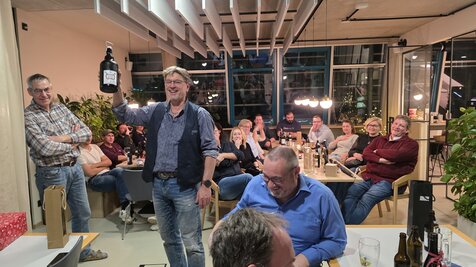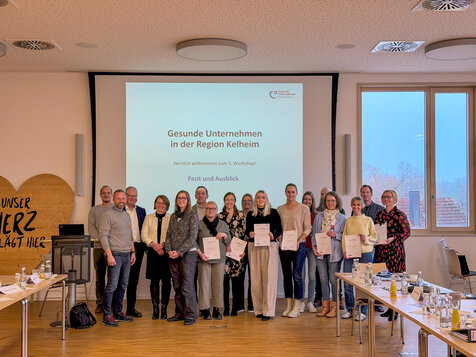
Project news: iKWK Neu-Ulm & Senden
Systematic heat transition - directly from the region!
Tenant electricity: The German parliament is soon to decide that residents will be able to use solar power from apartment building roofs at low cost. Similar to what is already possible today for homeowners with photovoltaic (PV) roofs under the keyword "self-generated electricity".
"Even the conventional energy industry understands this," according to Carsten Körnig from the German Solar Industry Association BSW: "Together with local politicians, they are showing willingness for new markets such as tenant electricity," he says. Municipal housing and rental companies in particular should lead the way here: Solar power generated on apartment building roofs is much cheaper than electricity from the grid if tenants get the majority - 60 percent according to the draft - of the EEG levy back.According to researcher Marc Köntges from the ISFH solar institute in Hamelin, the solar boom is therefore only a matter of time. After all, with the tenant electricity project and the permission to erect PV systems on fields and meadows that are unfavorable for agriculture, the industry has plenty of opportunities again.
But why should tenant electricity only be allowed to flow from PV systems? In a statement on the draft of the Tenant Electricity Act, several bioenergy associations clearly demand: "The funding must be opened up to all renewable tenant electricity concepts." Whether (real!) vegetable oil cogeneration units, those for bio natural gas or CHP units that work with wood gas: Unlike PV systems, they have the storage system automatically integrated, namely that for the raw material wood, substrate or biofuel. And they not only supply electricity when needed, but also heat. So what is stopping the Bundestag from putting all renewable energy sources on an equal footing in the Tenant Electricity Act?
The draft bill presented by the Federal Ministry of Economics a few days ago "worsens access to green electricity for tenants instead of improving it", complains EEG co-inventor Hans-Josef Fell, for example. "The Bundestag demands for a tenant electricity law are being circumvented by the federal government," he claims. He gives several reasons for his assumption. For example, only small projects (100 kWp) on individual houses are to be funded, but not cross-building or neighborhood solutions. And there is an annual cap in the draft.
"In addition, the same requirements regarding electricity labeling obligations that apply to large suppliers are to apply to the billing of tenant electricity projects," Fell analyzed. Were there others involved in writing the Tenant Electricity Act than one might assume behind a "draft bill"?
(Author: Zukunftsenergie-Team Gammel)

Systematic heat transition - directly from the region!

Once again this year, we had a wonderful internal Christmas party together. A big thank you goes to our entertainment manager Sonja Eichstätter for organizing the evening.

Healthy and motivated employees are the foundation of a successful company - especially in economically challenging times. The "Healthy companies in the district of Kelheim" network, in which nine regional companies have joined forces to establish occupational health management (OHM) not as a short-term measure, but as a sustainable and systematic process, follows precisely this claim.